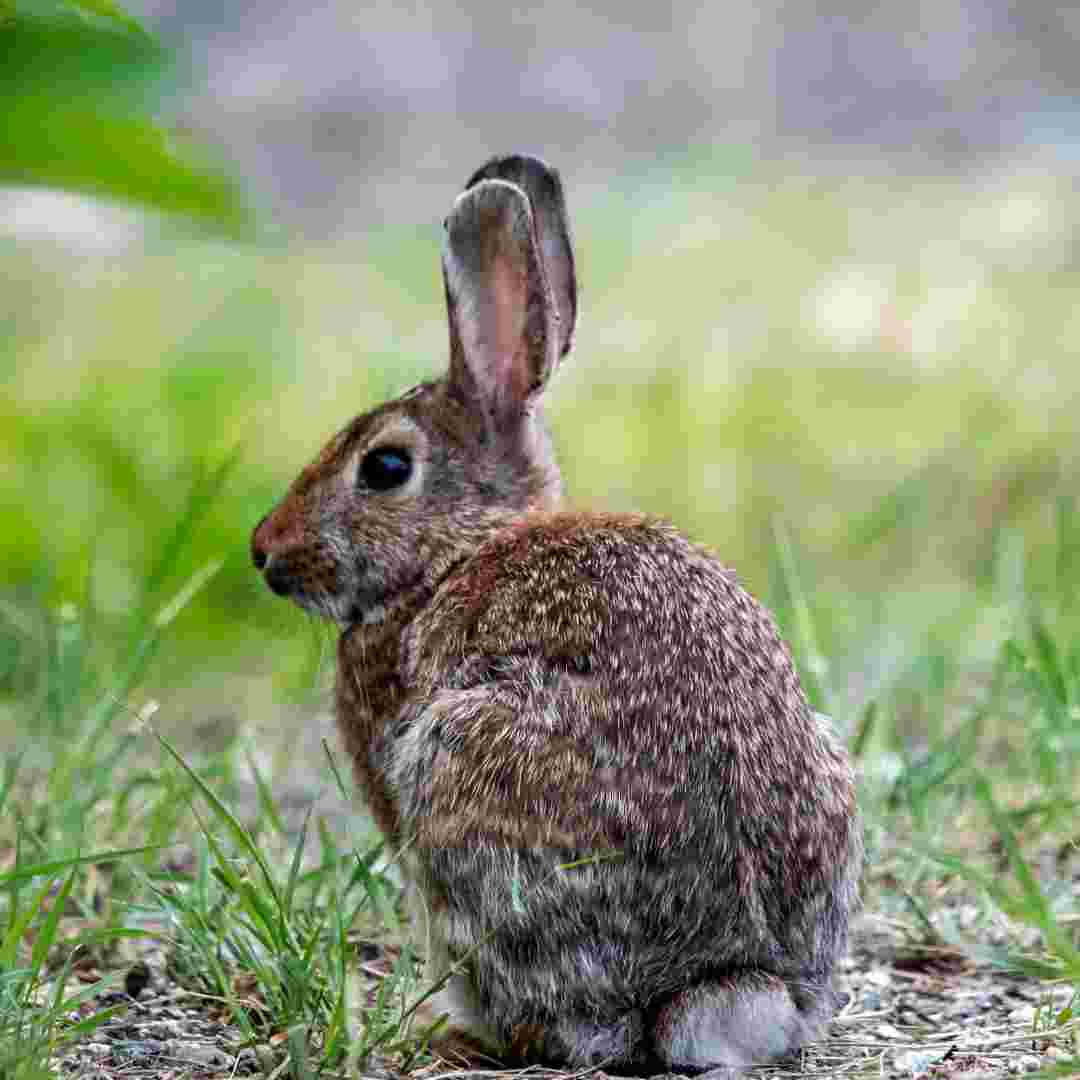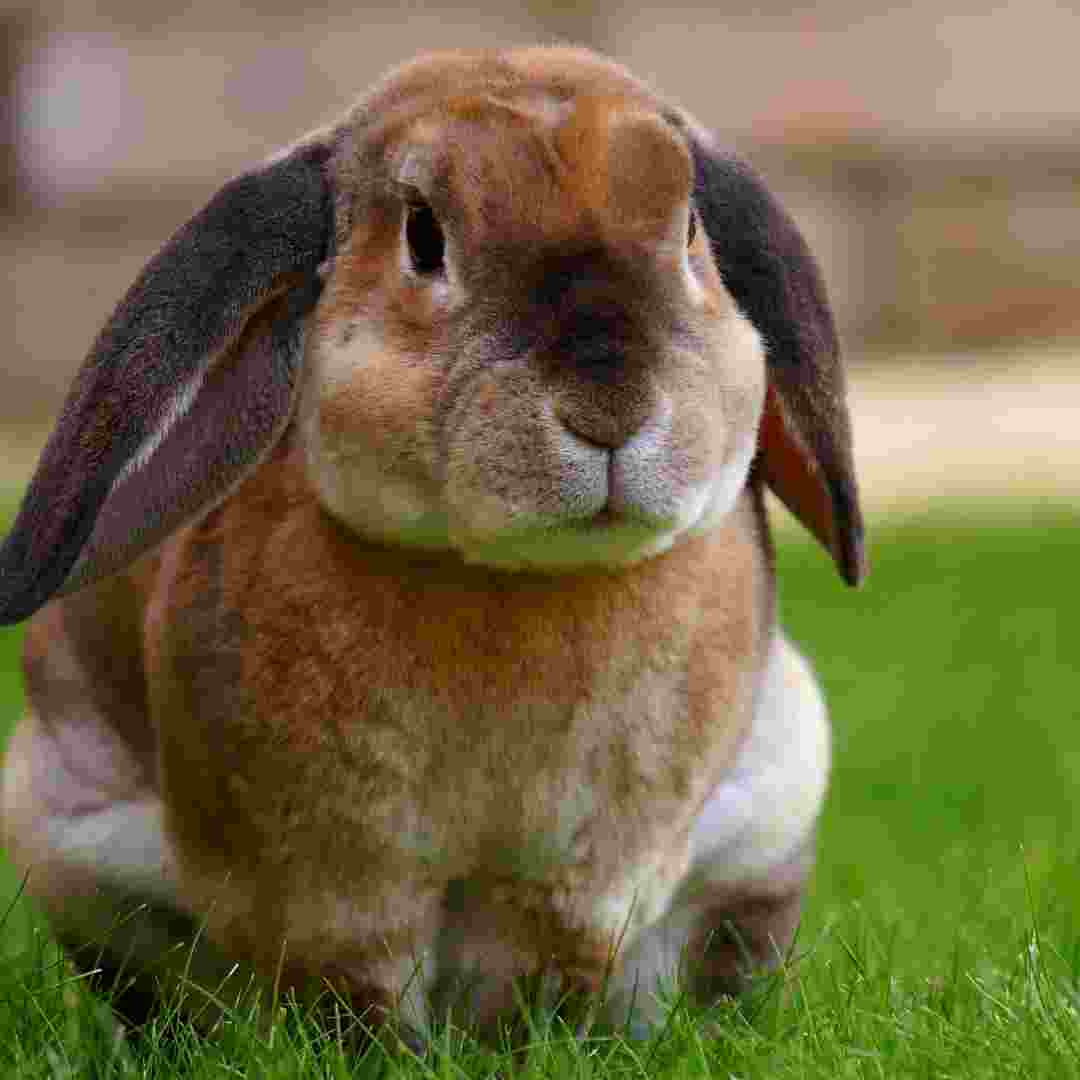Contents Table
Introduction
Look for these rabbit dehydration signs.
Common Rabbit Dehydration Symptoms
Suspect Rabbit Dehydration: What to Do
How to prevent rabbit dehydration
Dehydrated Rabbits: Rehydrate Your Pet
Q&A
Conclusion
Introduction
It's crucial to know how to spot dehydration in your pet rabbit. Dehydration can result from not drinking enough water, not eating enough, or illness. If your rabbit is dehydrated, it can cause major health issues, so you must recognise the signs and act promptly. This page discusses rabbit dehydration symptoms and how to help them.
Look for these rabbit dehydration signs
To keep your rabbit healthy, you must know the signs and symptoms of dehydration. The most prevalent rabbit dehydration symptoms are:
1. Loss of Appetite: Rabbits' appetites drop initially when dehydrated. Dehydration may cause your rabbit to eat less.
2. A dry nose is another indicator of rabbit dehydration. Dry, cracked noses in rabbits may indicate dehydration.
3. Lethargic rabbits may be dehydrated.
4. Hollow Eyes: Dehydration may cause hollow eyes in rabbits.
5. Skin Elasticity: If your rabbit's back skin doesn't immediately return to its natural position after gentle pinching, it may be dehydrated.
If your rabbit exhibits any of these dehydration symptoms, take it to the clinic immediately. Untreated dehydration can cause other health issues.
Common Rabbit Dehydration Symptoms
Recognising dehydration symptoms is crucial for treating rabbits quickly. Rabbit dehydration symptoms include:
1. Loss of appetite: Dehydrated rabbits may refuse food and water.
2. Dry nose and mouth: Dehydrated rabbits may have dry, cracked lips and noses.
3. Lethargic: Dehydrated rabbits may be less energetic.
4. Sunken eyes: Severe dehydration might cause sunken eyes in rabbits.
5. Skin tenting: Rabbits' back neck skin should rapidly return to its usual place after being gently pulled up. Tented skin may indicate dehydration.
If you feel your rabbit is dehydrated, take it to the vet. Untreated dehydration can cause other health issues.
Suspect Rabbit Dehydration: What to Do
If you feel your rabbit is dehydrated, you should know the signs and symptoms so you can take action.
Rabbit dehydration is most often characterised by dry eyes, nose, mouth, and skin elasticity. Dehydration occurs when the rabbit's neck skin doesn't rapidly return to its former place after a gentle pressure. Lethargy, decreased appetite, and urine and faeces production are other symptoms.
If you feel your rabbit is dehydrated, act quickly. Give your rabbit clean water first. Try syringe feeding or a small bowl if your rabbit isn't drinking. You can also feed your rabbit fresh vegetables or fruits with high moisture.
Monitor your rabbit's temperature too. If it's too high, call your vet. Subcutaneous fluids may help rehydrate your rabbit, according to your vet.
Be aware of the indications of rabbit dehydration and respond if you feel your rabbit is dehydrated. If you're worried, give your rabbit clean water and high-moisture food and call your vet.
How to prevent rabbit dehydration
Prevention is crucial to rabbit health since dehydration is dangerous. Dehydration is common in rabbits due to their inability to sweat and small size. Dehydration can cause serious illness or death if untreated.
The best way to prevent rabbit dehydration is to always provide clean, fresh water. Water should be changed everyday and the bowl cleaned to avoid contamination. There should be water bottles, bowls, and maybe a little pool. This encourages rabbit water consumption.
In addition to clean water, your rabbit needs a wet food. Fresh veggies like carrots, celery, and lettuce hydrate well. You can also feed your rabbit fiber-rich hay to aid digestion.
Finally, watch your rabbit's health and behaviour. Lethargy, dry eyes, and appetite loss are indicators of dehydration, so take your rabbit to the vet.
You can keep your rabbit healthy and hydrated by following these simple measures. Your rabbit may live long and happy with proper care.
Dehydrated Rabbits: Rehydrate Your Pet
Rehydrating your rabbit immediately is crucial to its wellbeing. Sunken eyes, dry nose, and lethargy indicate dehydration in rabbits, so treat fast. Rehydrate your rabbit using these tips:
1. Supply fresh water. Provide your rabbit with clean, fresh water at all times. Encourage your dehydrated rabbit to drink as much as possible. If they won't drink, give them syringe or dropper water.
2. Provide moisture-rich foods. Feed your rabbit moist foods like veggies and fruits. These foods can rehydrate and nourish your pet.
3. Provide electrolytes. Your local pet store sells rabbit-specific electrolyte treatments. These solutions replace electrolytes and minerals lost during dehydration.
4. Track rabbit development. Make sure your rabbit is drinking and eating enough. Consult your vet if your rabbit is not improving.
Follow these techniques to rehydrate and mend your rabbit. If your rabbit is dehydrated, act promptly to avoid significant health issues.

Q&A
1. What are rabbit dehydration symptoms?
Dehydration in rabbits causes dry nose, eyes, mouth, sunken eyes, and skin laxity.
2. How can I tell my rabbit is dehydrated?
Pinch the back of your rabbit's neck to check for dehydration. Your rabbit may be dehydrated if the skin does not instantly return to normal.
3. What to do for a dehydrated rabbit?
Dehydrated rabbits should be taken to the vet promptly. The vet can rehydrate your rabbit with fluids and other therapies.
4. How can I keep my rabbit hydrated?
Give your rabbit lots of clean water and a balanced food to avoid dehydration. To control its body temperature, give your rabbit shade and cool surroundings.
5. How does rabbit dehydration affect them long-term?
Long-term dehydration in rabbits can cause organ damage, electrolyte abnormalities, and death. If you suspect dehydration, take your rabbit to the vet immediately.
Conclusion
If your rabbit is dehydrated, they may have dry gums, sunken eyes, and low energy. They may also consume less water or have black, concentrated urine. If you feel your rabbit is dehydrated, take it to the vet for an examination and rehydration.
